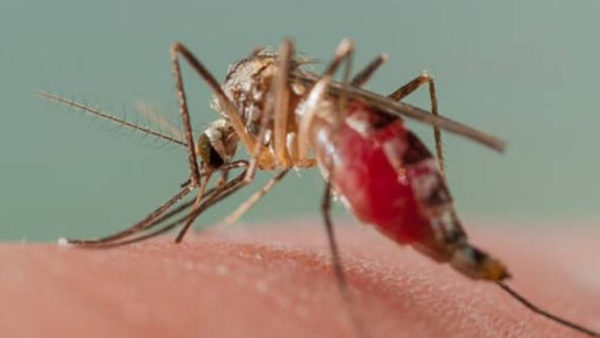DAILY TRUST
The economic burden of malaria in Nigeria may increase to about $2.8bn by 2030, the Minister of Health, Dr Osagie Ehanire, has said.
Speaking in Abuja Tuesday during the commemoration of this year’s World Malaria Day, he said the economic burden of malaria in Nigeria for 2022 alone was estimated at $1.6bn.
Represented by Permanent Secretary Mamman Mamuda, he said it was estimated that approximately 55 million cases of malaria and nearly 90,000 malaria-related deaths occurred each year in Nigeria.
He said the out-of-pocket expenditure for malaria was estimated to be over 70 percent and Nigerians paid as much as N2,280.00 on each malaria case.
He said successful control of malaria would increase productivity, improve health, reduce school absenteeism, reduce poverty and facilitate the attainment of the Sustainable Development Goals.
He said, “Consequently, we must continue to fight to achieve zero malaria by 2030, in line with the World Health organisation’s Global Technical Strategy.”
Ehanire said the theme of this year’s celebration ‘Time to Deliver Zero Malaria: Invest, Innovate, Implement’ was a clarion call to the populace, particularly those living in malaria-endemic regions who accounted for most of the burden and deaths, to avail themselves of the available tools and strategies to enable us to reach those in need…


